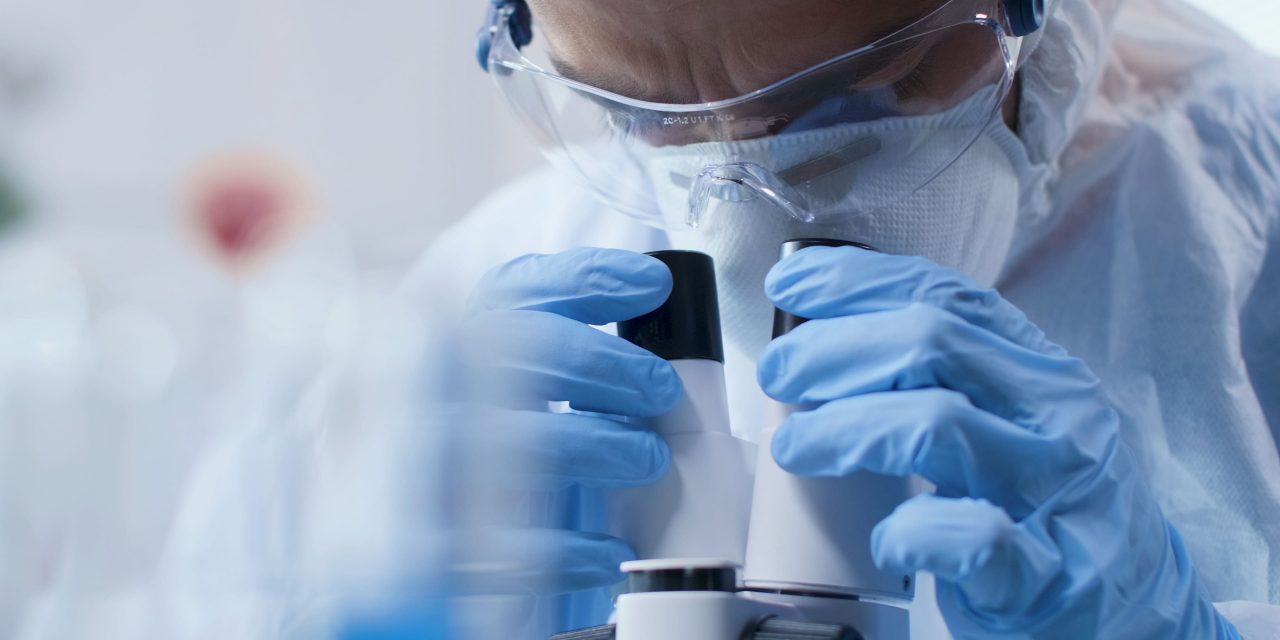For thousands of years, philosophy, religion or the arts have talked and tried to explain what love is, but what does science tell us about this feeling? Join us on a journey through the world of the science of love, in the latest episode of “Ciencia al Día”, RPP’s current science podcast.
Written by: Herlis Alvarez Bazán
We've all experienced it (some more than others), but do we really know what it is? Love, or what we call love, is a feeling and experience that has intrigued humanity since time immemorial. Due to its complexity (it is not limited to the emotional aspects, especially the chemical, physical and mental aspects only), science has begun to reveal some of its secrets through research, for example, on the biology and chemistry of love, and how hormones, neurotransmitters, and hormones work. Brain activity plays a crucial role in our feelings of love.
But is there any genetic component to our romantic relationships? Various research suggests that love preferences can be influenced by genetics. If so, what are the implications for us?
Can we get sick or die because of love? How does love affect our health and emotional well-being? Science is beginning to explain to us that love has effects and consequences on our physical and mental health.
To talk about it and explore the wonderful and surprising world of the science of love, the latest episode of RPP's podcast “Ciencia al Día” guested with Gerardo Sánchez Denorín, a Mexican academic from the Faculty of Psychology at the National Autonomous University of Colombia. Mexico (UNAM), specialist and researcher in behavioral neuroscience.
Watch the full episode here.





